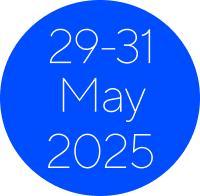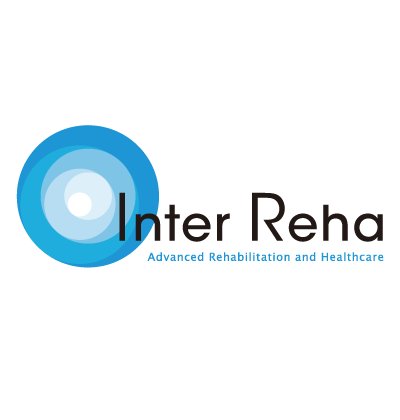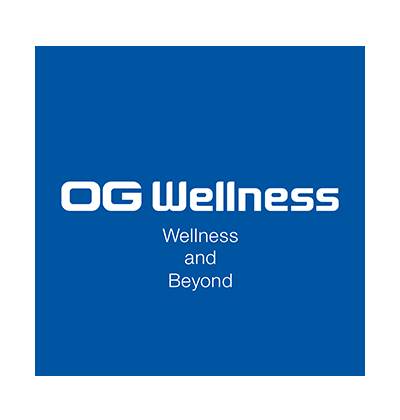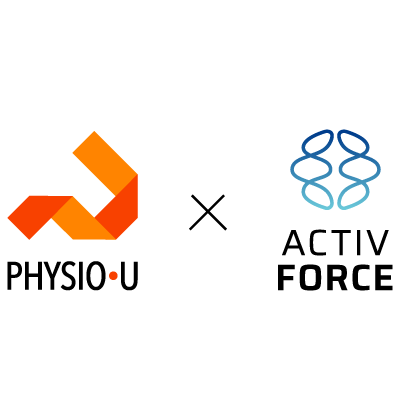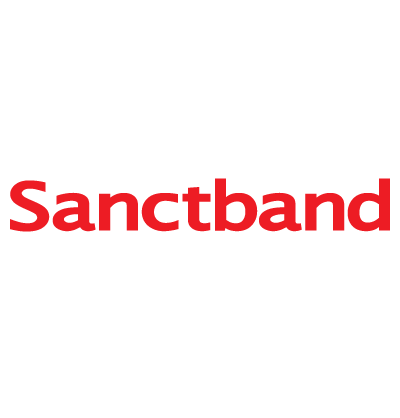Notifications about the outcome of submitted abstracts were sent on 7 January 2025.
The congress programme committee has taken the decision not to open a call for late-breaking abstracts. The decision has been taken after considering the high number of submissions to the call for focused symposia and to the call for abstracts, and the capacity available at the venue.
Any decision to open a call for late-breaking abstracts for future World Physiotherapy congresses will be taken by the relevant congress programme committee.
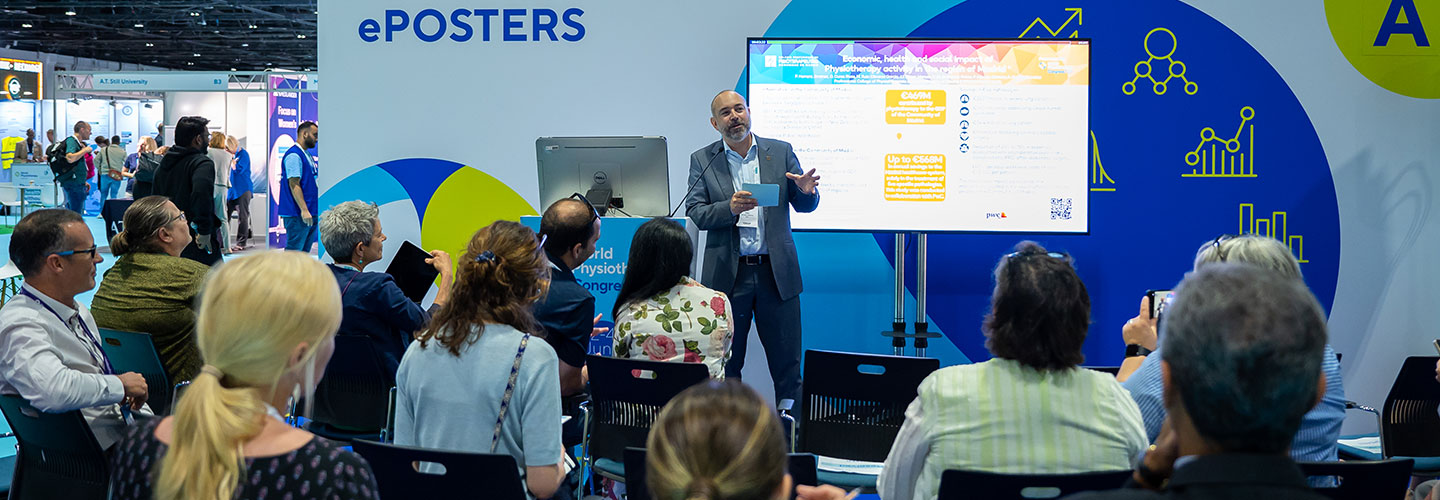
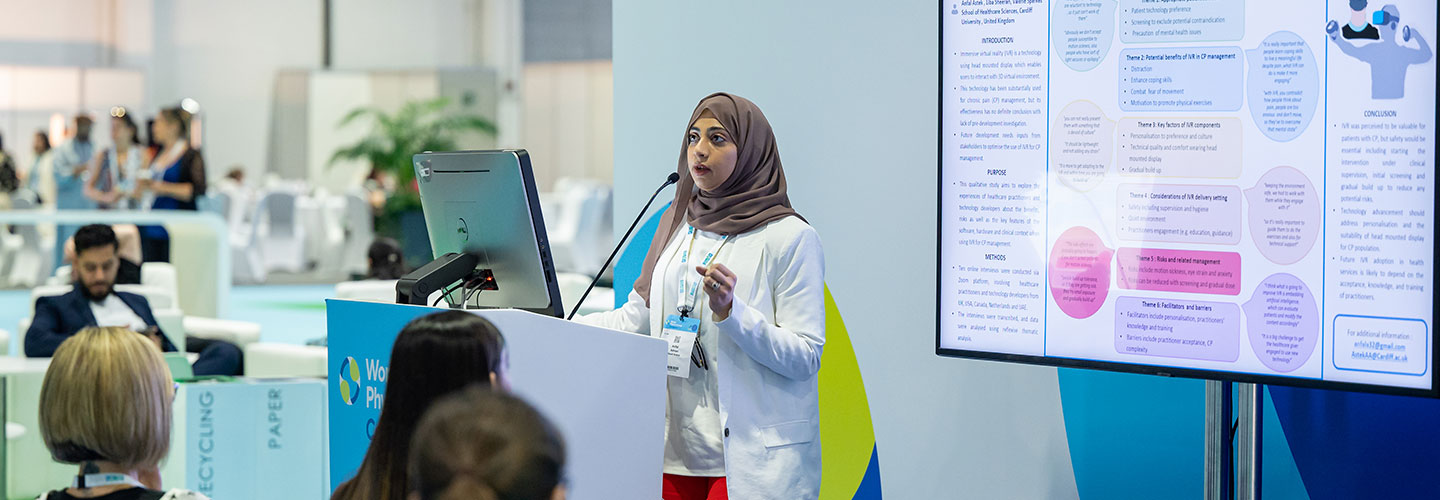
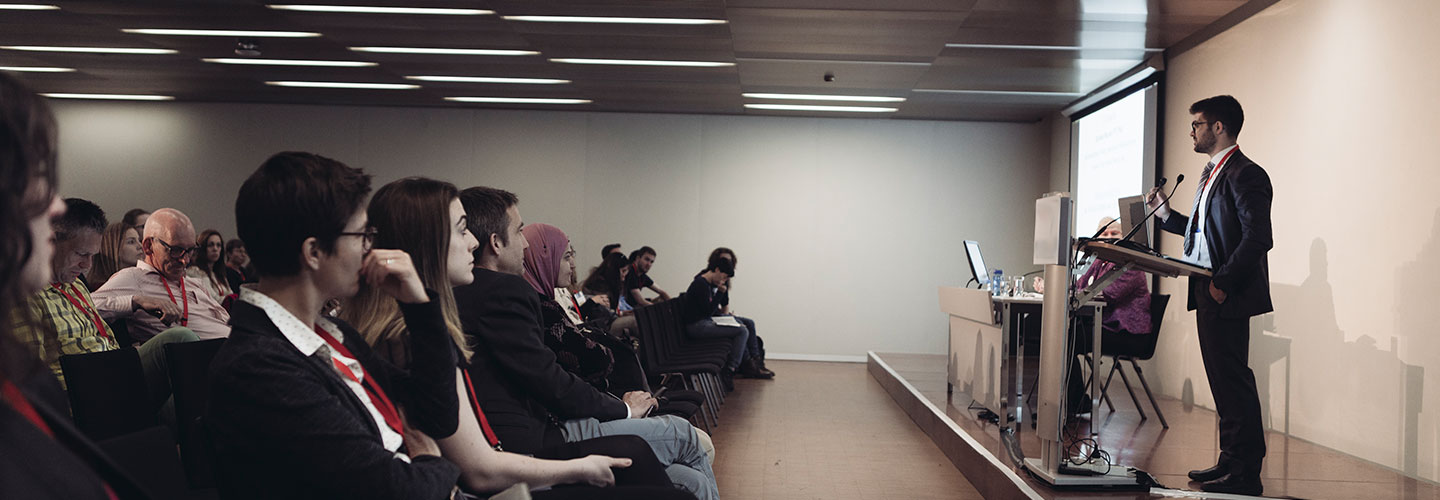
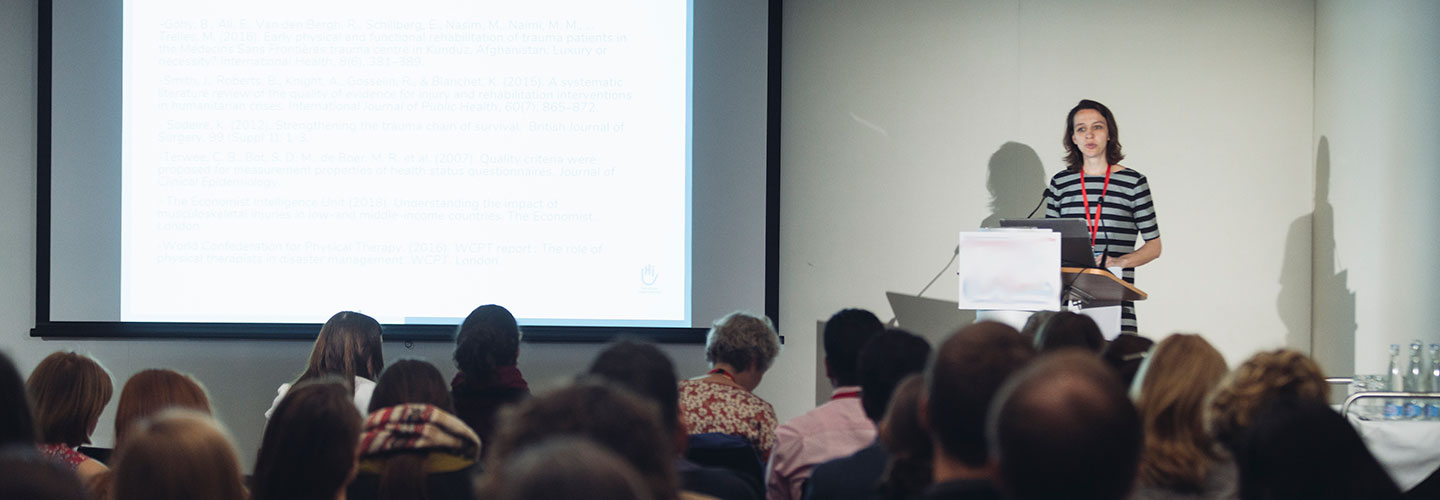
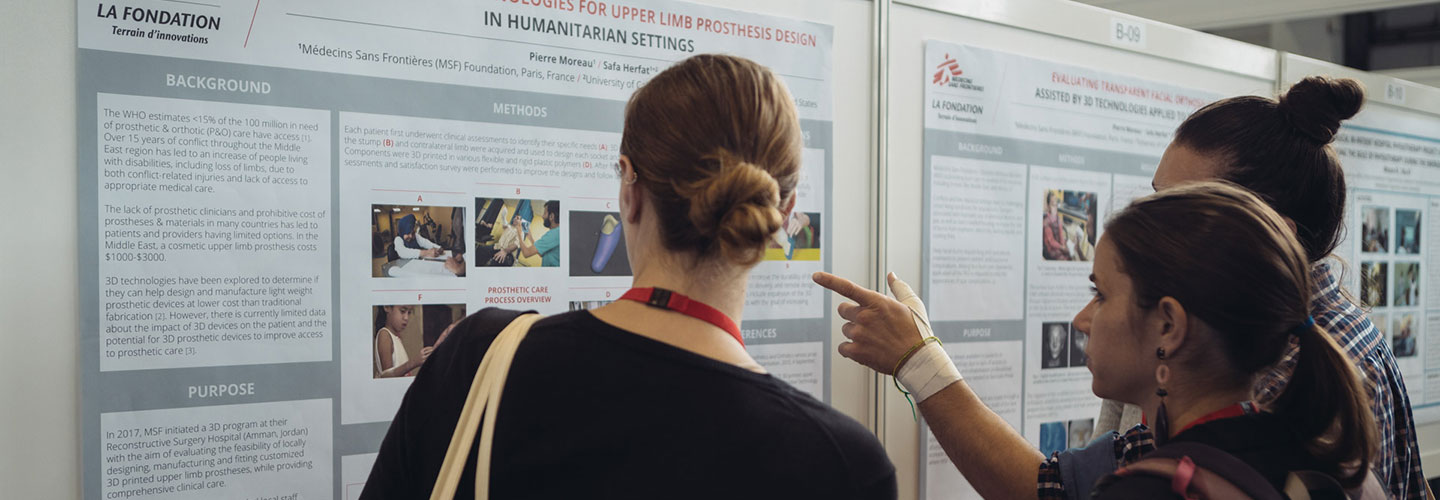

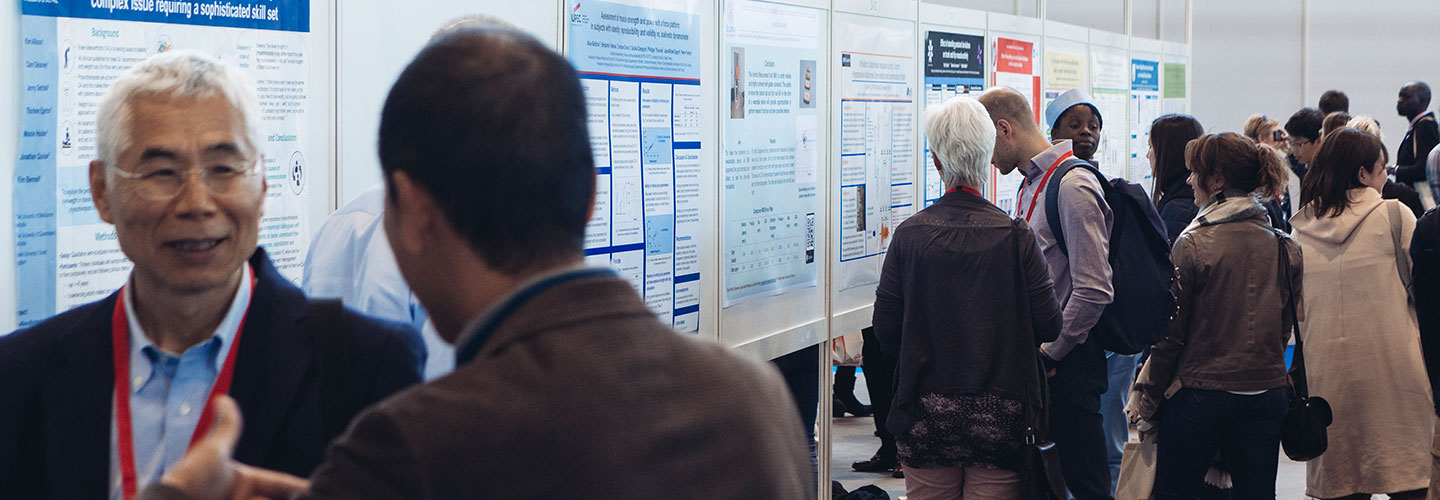
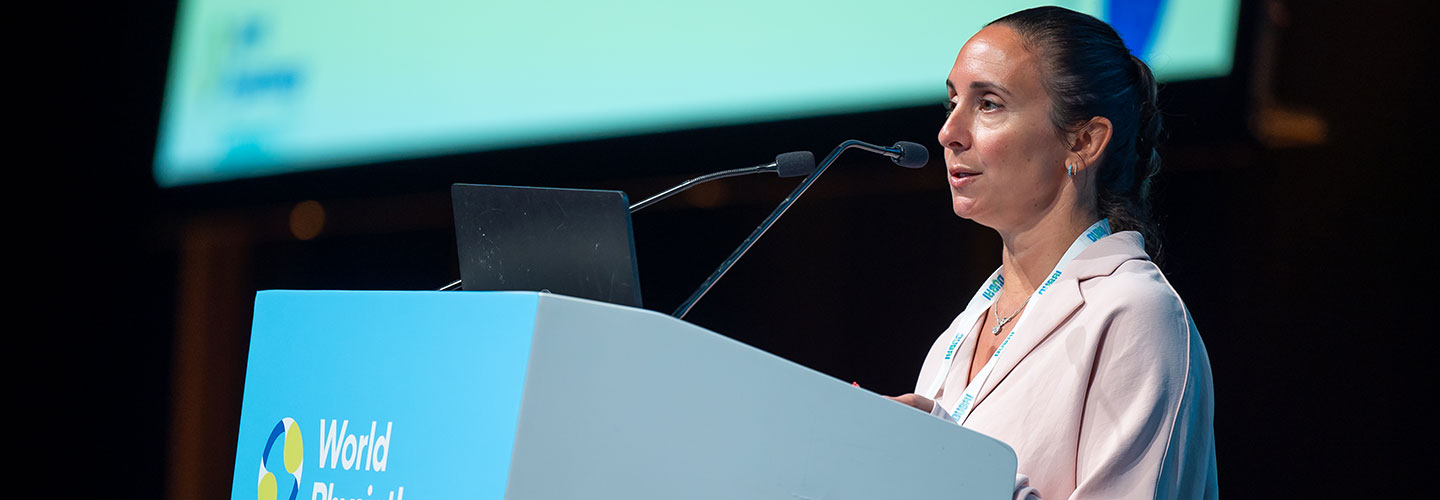
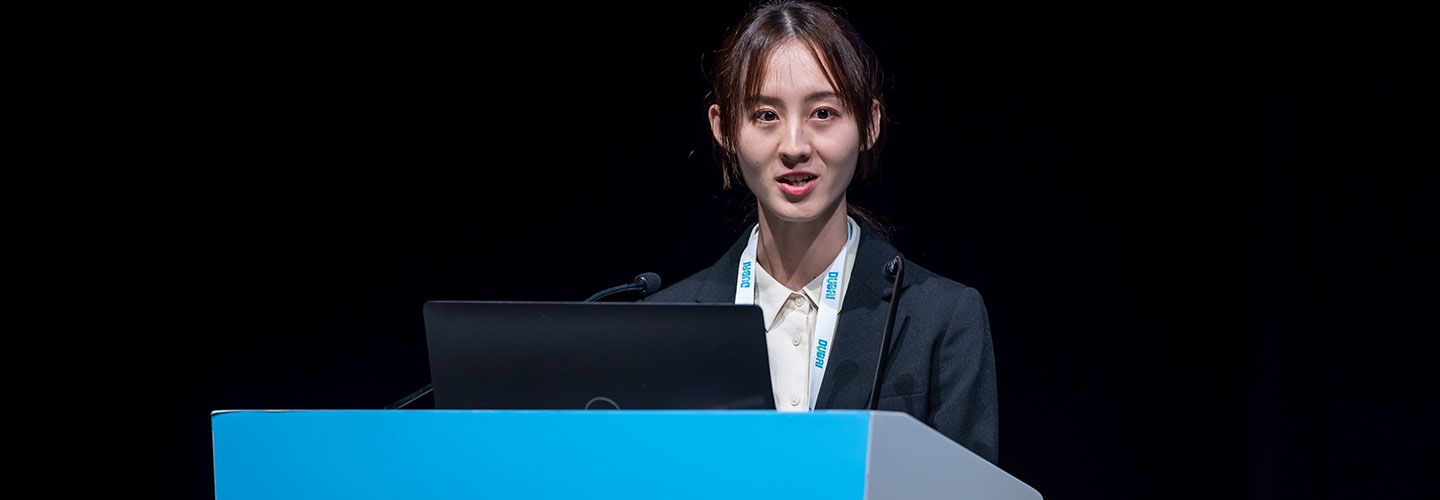
The congress discussions were incredibly insightful and provided me with a wealth of knowledge. Presenting my ePoster in front of experts was an excellent opportunity to showcase my work.
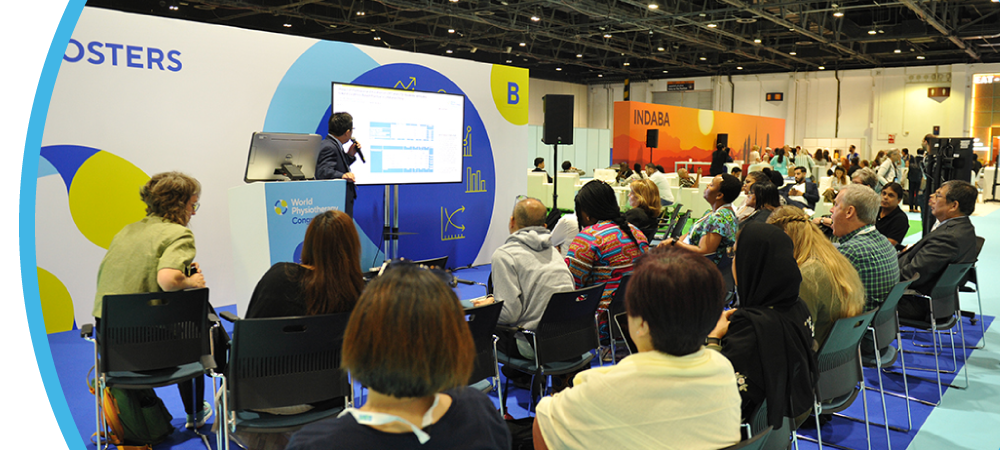
The call for abstracts is open. Abstracts are invited that:
- report on the latest research with original scientific data [this includes systematic/narrative reviews and meta-analyses]; special interest reports and case studies can be submitted, submissions with pending results and study protocols will not be accepted
- address new and unique developments in practice, theory, education, management, policy, and resources
- describe innovative ways in which established methods have been adapted to meet the changing needs of practice.
Submission deadline: 3 October 2024
Support programme: 20 June-16 September 2024
Notification of outcome: Notifications were sent on 7 January 2025
Selection criteria
Submitted abstracts will go through a blind peer-review process carried out by international reviewers.
The following principles will be used to review abstracts:
- does the report address a “significant” or “important” issue?
- do the methods/approach enable the question to be answered rigorously?
- have the data/findings been interpreted appropriately?
- are the contents of the abstract clear and logical?
Please note: Successful abstracts to the World Physiotherapy Congress 2025 will become part of the World Physiotherapy congress archive, and once presented at congress will be given a unique digital object identifier (DOI). Authors and presenters may use the DOI to cite their work once the DOI has been granted following congress.
Abstracts are presented either as a platform or poster presentation. Only platform presentations will be recorded. All platform and uploaded poster presentations will be available after the congress in Tokyo, on-demand through the congress platform.
Please note: all poster presenters and platform speakers are required to attend the congress in person.
Platform presentations
Each platform presentation is scheduled for eight minutes plus two minutes for questions.
Posters
- Printed poster presentations are grouped by topic within the poster area. Authors have a designated presentation time during the lunch break onsite for discussion with participants. The area available to display printed posters will limit the number of printed posters that can be accommodated.
- ePoster presentations will be scheduled in the programme and grouped by topic. The session chair will lead discussions between the audience and speakers. Speakers are given five minutes to discuss their ePoster with participants, using electronic screens. The area/space available for electronic screens will limit the number of ePosters that can be accommodated.
Important, please note: platform and poster presentations are considered by the congress programme committee (CPC) to be of equal standing and judged by the same criteria. While submitters may indicate their preferred format of platform presentation, printed poster presentation or ePoster presentation, the CPC will assign abstracts to sessions. There are many more requests for platform presentations than can be accommodated in the programme. Therefore, submitters requesting a platform presentation that cannot be accommodated will be offered the option of a poster presentation, where there is more space and plenty of opportunity to interact with participants.
The decision of what format to assign to any abstract rests with the CPC.
Find out more about submitting your abstract
All correspondence will be with the person who submits the abstract online. The presenting author does not have to be the first named author listed in the abstract and will be identified through the submission process.
The online submission form will provide space (limited by characters) for data entry, the available word count is indicated below.
You will be asked to provide the following:
- Title of abstract [maximum 20 words].
- Completed abstract [maximum 500 words]. Abstracts will be included in the congress proceedings and must be structured using the headings below.
Background: What was the context for the study/project? Why was it important that this project was undertaken?
Purpose: What was the major reason for undertaking the project? (A project may be a research study, developing a new or adapted programme, method, theory, or resource). Any secondary objectives?
Methods: What principles, methods/methodological approaches, materials did the project involve?
Results: Summarise the main findings from the analysis.
Conclusion(s): What can be concluded from the study? What are the suggestions for future work?
Implications: What are the implications of the project and how will the results be translated into physiotherapy practice/management/education/policy
No images, tables or graphs are permitted. - Keywords: use up to three words to describe your work which are supplementary to the programme topic(s)
- Funding acknowledgements: please acknowledge all funding sources that supported your work. If the work was unfunded, please state this [maximum 20 words]
- Primary topic [mandatory] second and third topics [optional]
- Ethics approval [see general information point 11 below]: evidence that ethics approval was given is req Please name the institution and ethics committee that approved your work or advised you that it was not required. Provide the ethical approval number or state the reasons why ethics approval was not required.
When submitting your abstract, you will be asked “Did this work require ethics approval?”. If no, you will be asked for details of the institution and ethics committee that advised you ethics approval was not required and the reasons. You will be asked to upload supporting evidence.
Ethical approval is unlikely to have been required if your work:
– addresses new and unique developments in practice, theory, education, management, policy, and resources
– describes innovative ways in which established methods have been adapted to meet the changing needs of practice
– is a systematic or narrative review.
The Council for International Organizations of Medical Sciences (CIOMS) in collaboration with the World Health Organization has developed the ‘international ethical guidelines for health-related research involving humans’ which provide examples of exemptions from review (see page 90) https://cioms.ch/wp-content/uploads/2017/01/WEB-CIOMS-EthicalGuidelines.pdf
In these cases, please state N/A for institution and ethics committee, and complete the reason ethics approval was not required, giving as much detail as possible [500 words] - Speaker details and biography of presenting author [200 words].
- Co-author details.
- Information concerning any presentations or publications of the work made prior to congress [50 words].
- Preferred presentation format.
- The congress language is English, and all proposals and presentations must be made in English. Translation will not be provided. However, we will use artificial intelligence tools to make presentations as accessible as possible.
- A written abstract in English must be submitted for each proposed presentation.
- It is the author’s responsibility to submit a correct abstract. Any errors in spelling, grammar or scientific fact will be reproduced as typed by the author.
- The topics selected will be used to inform the review, selection, and programming processes. Please choose the topics(s) that best describe the subject of your abstract that will attract the right audience to interact with you.
- A person can only present a maximum of two abstracts. They may be named as the presenting author on multiple submissions but will only be permitted to be confirmed as the presenting author on two accepted abstracts. Changes to the presenting author on accepted abstracts will be permitted. They may be named on other abstracts as a co-author. This excludes any submissions made and accepted as part of the call for focused symposia.
- Only one presenting author per paper is permitted. Only an author may present the abstract. If no author is available onsite, the abstract will be withdrawn. Any changes to the presenting author must be notified directly to World Physiotherapy. Changes will be incorporated into the final programme if there is sufficient time, but thereafter no further changes will be reflected in the programme.
- Notification of outcome will be sent to the submitter. Please note that only the person who submits the abstract will receive correspondence concerning the abstract and is responsible for informing all authors of the status of the abstract.
- All presentations must describe original work to which all the authors listed have made a significant contribution. Any reference to personal experience should be clearly labelled as such.
- All proposals and presentations must adhere to the use of “people-first” language. A person must not be referred to by disability or condition, and terms that could be considered biased or discriminatory in any way should be removed (eg “person with a stroke” instead of “stroke patients”). See: disabilityisnatural.com/people-first-language.html for more information and examples.
- Any source of funding or support for the work being presented should be acknowledged.
- All presentations including research on humans (patients, carers, students, faculty, staff, colleagues) or animals must provide evidence that the research was carried out ethically (ie ethics committee approval, informed consent by subjects). To check that your research complies with ethical principles, please visit https://bit.ly/49r5Mly[1]. See also the global international standards[2] The CPC expects the research to have been conducted in accordance with international principles.
-
Each abstract submission must indicate if the material has been or will be published, in any format, or presented at another national or international meeting prior to the World Physiotherapy Congress 2025. Abstracts will only be considered if they are unlikely to have reached a wider international physiotherapy audience in their previous presentation or publication, and if the authors take responsibility for providing any copyright clearance needed for inclusion in the congress proceedings or other congress publications.
- The author presenting the paper must register to attend the congress in-person and be available to participate in the programme at the time scheduled.
- The scheduling of all presentations will be determined by the CPC to ensure best fit with the overall congress programme. Any requests for specific dates and times will not be considered. Similar abstracts in related topic areas will be grouped together for presentation.
- PowerPoint presentation will be available in all congress rooms.
- You agree to upload a PDF of an ePoster accepted for presentation so that it can be added to the on-demand content available post-congress.
- There will be no display area provided for professional resource materials, including computer-based programs, materials, and audio-visual resource presentations. It is expected that any resources or materials will have been designed/developed by the author(s) and must not currently be for sale commercially by the author(s) or another vendor. If featured, they must be included in the standard PowerPoint presentation or ePoster format.
- Platform presentations will be recorded. Any recordings of PowerPoint presentations, or copies of ePosters made available online will be in PDF format; original PowerPoint files will not be published. Consent will be sought through the submission system.
- Presentations are not permitted to market new products, equipment, or organisations, or use the presentation time to challenge or criticise competitors’ products.
- Presenting authors only will receive a certificate of presentation.
- All presentations during the congress must include the same content and follow the same outline as described in the submitted and accepted abstract. Exceptions will only be allowed with written permission of the chair of the CPC.
- In keeping with World Physiotherapy policy, no honorarium, fee, or payment of expenses will be paid to speakers.
- All decisions of the CPC are final.
[1] With thanks to Julius Sim, University of Keele, UK, for permission to use this document.
[2] Declaration of Helsinki of the World Medical Association (2013) and the Council for International Organizations of Medical Sciences’ (CIOMS) International Ethical Guidelines for Biomedical Research Involving Human Subjects published in collaboration with the World Health Organization (2106). CIOMS and International Council for Laboratory Animal Science (2012) International Guiding Principles for Biomedical Research Involving Animals.
In submitting an abstract you must confirm that:
- you accept responsibility for the accuracy of the submitted abstract and understand that the content cannot be modified or corrected after the submission deadline and that it will be published exactly as submitted
- all co-authors are aware of and agree to the content of the abstract and support the data presented
- all speakers have agreed to participate at congress, should the proposal be accepted for presentation, and take responsibility for their own travel, accommodation, and registration costs
- you accept responsibility as the contact person for all correspondence about the abstract and to share information with all authors about its status
- you consent to the session being recorded and made available by World Physiotherapy
- you have secured any copyright/permissions clearance required relating to any previous presentations, equipment, or other material for inclusion in the World Physiotherapy congress, its proceedings or other congress publications
- for all studies (including service evaluations and audits) involving human participants or animal subjects, permission has been obtained from the relevant ethics committee, where applicable, and properly informed consent given, where appropriate, both for the work completed and the intent to present
- anyone who is identifiable in the abstract and presentation has given their consent to be included
- the work is original, except for extracts from copyrighted works used with permission from the copyright holders, and it does not infringe upon any copyright, proprietary, or personal right of any third party
- you have identified any potential conflicts of interest eg financial interest in products or processes described in the abstract, stock ownership, membership on an advisory board or board of directors, or other substantive relationships
On behalf of any and all co-authors, the submitter will confirm the:
- consent to have authors’ names, affiliations and biographical materials used in connection with the publication of your work.
- content belongs to the author(s). However, if the abstract is accepted the submitter agrees, on behalf of all co-authors, to transfer and assign to World Physiotherapy free of charge, on a non-exclusive basis, the rights to edit, publish, reproduce, reformat, distribute in whole or in part the abstract and prepare all type of derivative works. These works may include press releases, recordings, and/or educational products, using all communication tools and means, now known or hereinafter developed, including any and all analogue and digital means and any and all supports or forms of media, now known or hereinafter developed. This includes use in indexes or search databases in print, electronic, or other media.
- author(s) retain the right, after presentation, to subsequently include the work in articles, books, or derivative works that they author or edit, provided said use does not imply the endorsement of World Physiotherapy.
- the author(s) will retain copyright of their abstract. However, the author shall only reuse, reproduce or post the abstract with acknowledgment to the initial and first publication or presentation at a World Physiotherapy Congress 2025 event, and therefore reference the name of the World Physiotherapy event and the date.
World Physiotherapy and the congress programme committee support the transparent and responsible use of generative artificial intelligence (AI) in research.
We expect abstract submitters to abide by the key principles set out by the European Commission’s Living guidelines on the responsible use of generative AI in research.
- Reliability in ensuring the quality of research, reflected in the design, methodology, analysis and use of resources. This includes aspects related to verifying and reproducing the information produced by the AI for research. It also involves being aware of possible equality and non-discrimination issues in relation to bias and inaccuracies.
- Honesty in developing, carrying out, reviewing, reporting and communicating on research transparently, fairly, thoroughly and impartially. This principle includes disclosing that generative AI has been used.
- Respect for colleagues, research participants, research subjects, society, ecosystems, cultural heritage and the environment. Responsible use of generative AI should take into account the limitations of the technology, its environmental impact and its societal effects (bias, diversity, non-discrimination, fairness and prevention of harm). This includes the proper management of information, respect for privacy, confidentiality and intellectual property rights, and proper citation.
- Accountability for the research from idea to publication, for its management and organisation, for training, supervision and mentoring, and for its wider societal impacts. This includes responsibility for all output a researcher produces, underpinned by the notion of human agency and oversight.
When completing the online submission process the submitter will be asked to confirm that the presenting author has read and understood the general information and the requirements they are expected to fulfil.
Download and read the guidelines for the abstract submission process.
View the registration fees and register for congress.
Access the congress archive and search for previous presentations by topic, type or presenter.




